This year has been hectic for most businesses, to say the least. That isn’t stopping a lot of wineries from moving forward with their respective projects for next year, though.
A lot of vineyards on the west coast have been affected by the wildfires, and it has been detrimental to California vineyards.
Karissa Kruse, president of the Sonoma County Winegrowers estimated a $150,000,000 loss to growers in the region. The organization found that more than 70% of growers in Sonoma County anticipate having some grapes that will go unpicked or be rejected this year because of the fires.
Fortunately, more than 90% of grapes had been harvested by the time the Glass Fire started, the third major fire in Sonoma County.
Limerick Lane is located in Healdsburg, California, which is in Sonoma County, but the grapes are safe. When Brewer spoke with Winemaker Jake Bilbro, the area had remained smoke-free up until that point.
“So far we’re looking really good,” he said. “There’s an obvious correlation between the fires and covid in that so many people are looking to get COVID tests that it takes a long time to get results and so many people are looking to get smoke taint tests that it takes a long time to get results.”
2020 proved to be a good year for Harkness Edwards in Winchester, Kentucky, and owner Nini Edwards plans to continue the trajectory of success into 2021.
“Definitely Norton I would love to see grow in popularity, ‘’ Edwards said. “It’s an old, old vine that was really torn up during Prohibition and I would love to get that one really deep in the market. Another one I would love is Cabernet Duret, and that is a white wine we grow here, and what’s cool about that vine is it can grow really well in this region.
“We worked with a scientist that helped breed that grape, and it’s a really cool wine that’s really popular in our tasting room.”
Edwards added that she hopes more vintners begin growing the grape on their farms.
“It’s easy to drink and we think that it can grow on a lot of farms on the east coast,” she added. “It’s always exciting when you find a vine that grows well on the east coast or in a humid environment.”
Harkness Edwards started doing delivery during the height of quarantine while everyone was off work or working from home.
“We were delivering all day, every day because somebody has to accept the package because there is alcohol,” she said. “Now we deliver in the evening because everyone is back at work…We didn’t have a tasting room, so it was the way for us to have sales during the week because people couldn’t come to us, so we came to them.”
The plan is to continue the deliveries into the future since between demand for deliveries and wine, Harkness Edwards sold quadruple its projections for 2020.
The Riboli Family Estates have prided themselves on their sustainable measures since their beginning. While a lot of vineyards practice sustainable measures already, Anthony Riboli, fourth-generation winemaker for the Los Angeles-based winery, said that he thinks the winery side is beginning to catch on as well, especially with the added incentive of tax breaks.
“Beyond our business, I think that the biggest thing is what are the tax advantages?” He asked. “Certainly you want to do it for the greater good but there are these things like tax breaks for solar and hopefully that’s what’s coming in this future, is you’ll see more of these abilities for a business to say, not only is it good for the earth, it’s also good for my business and it makes sense for me to spend this kind of money because I did get some advantages.”

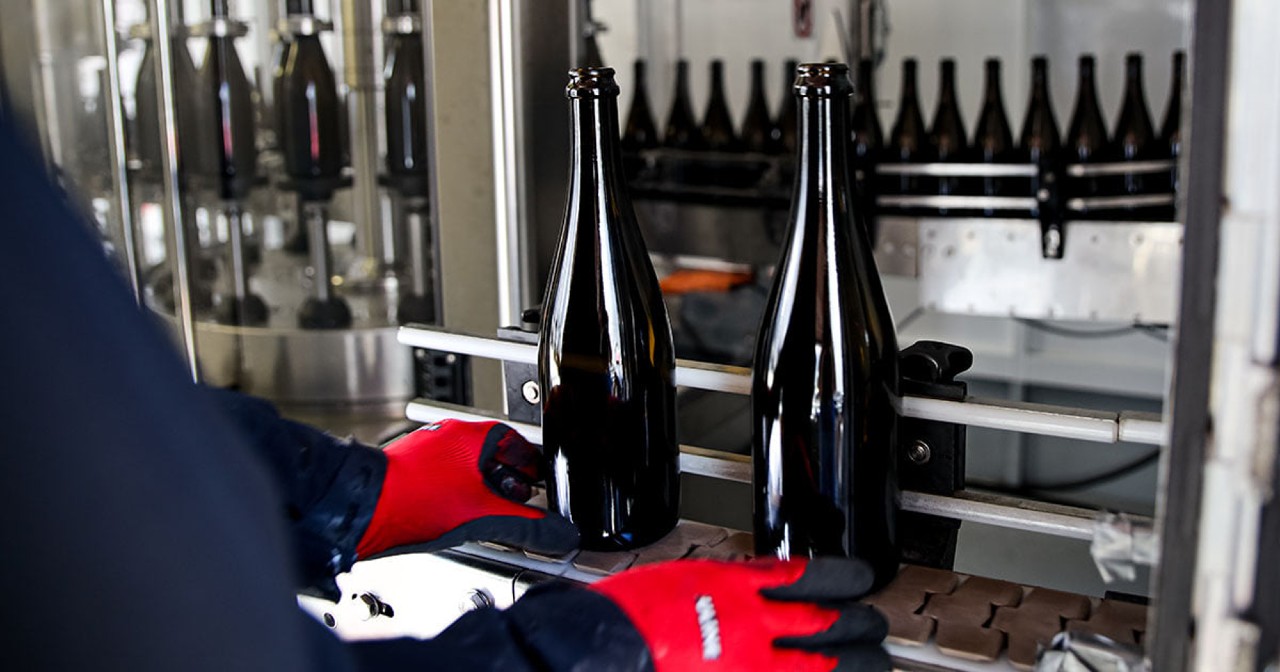
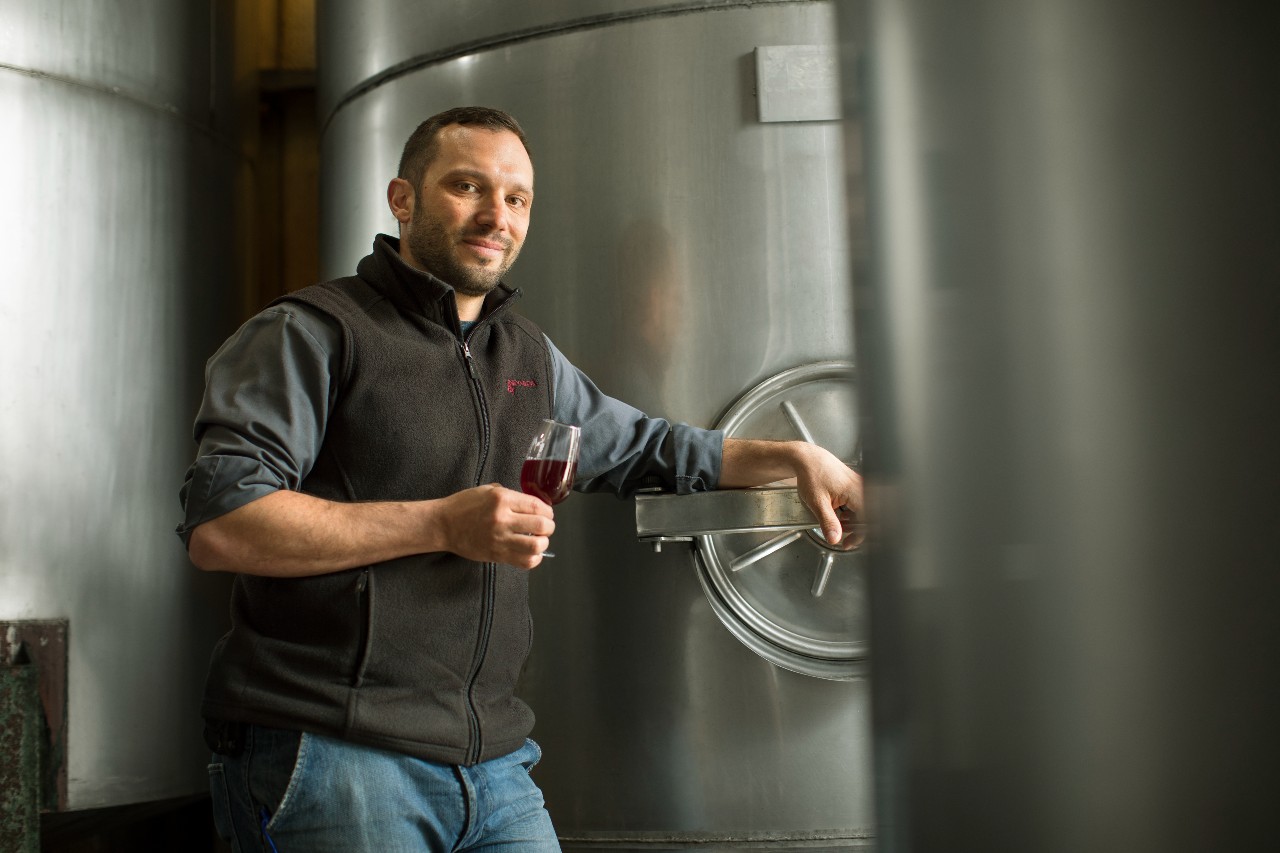
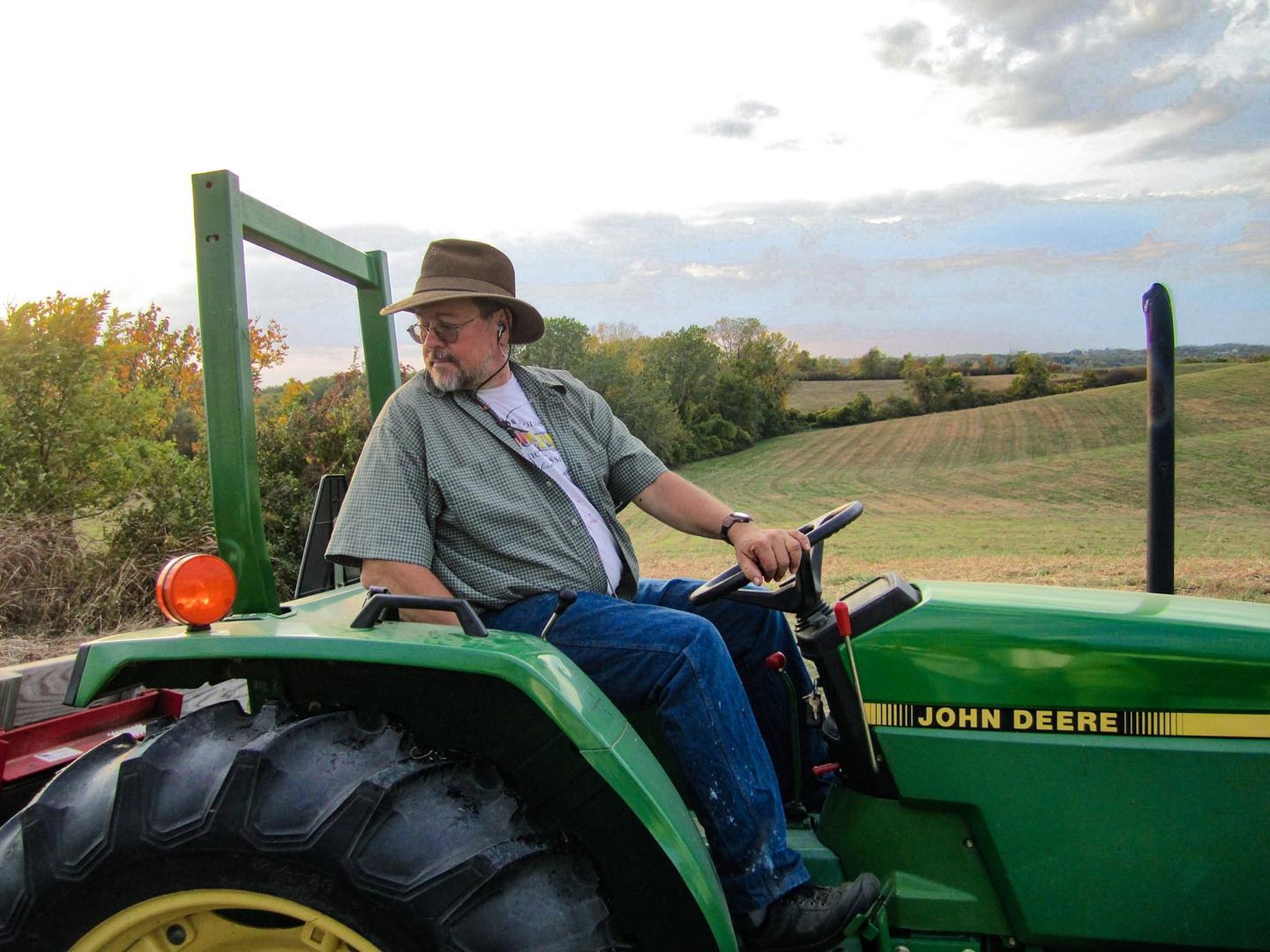
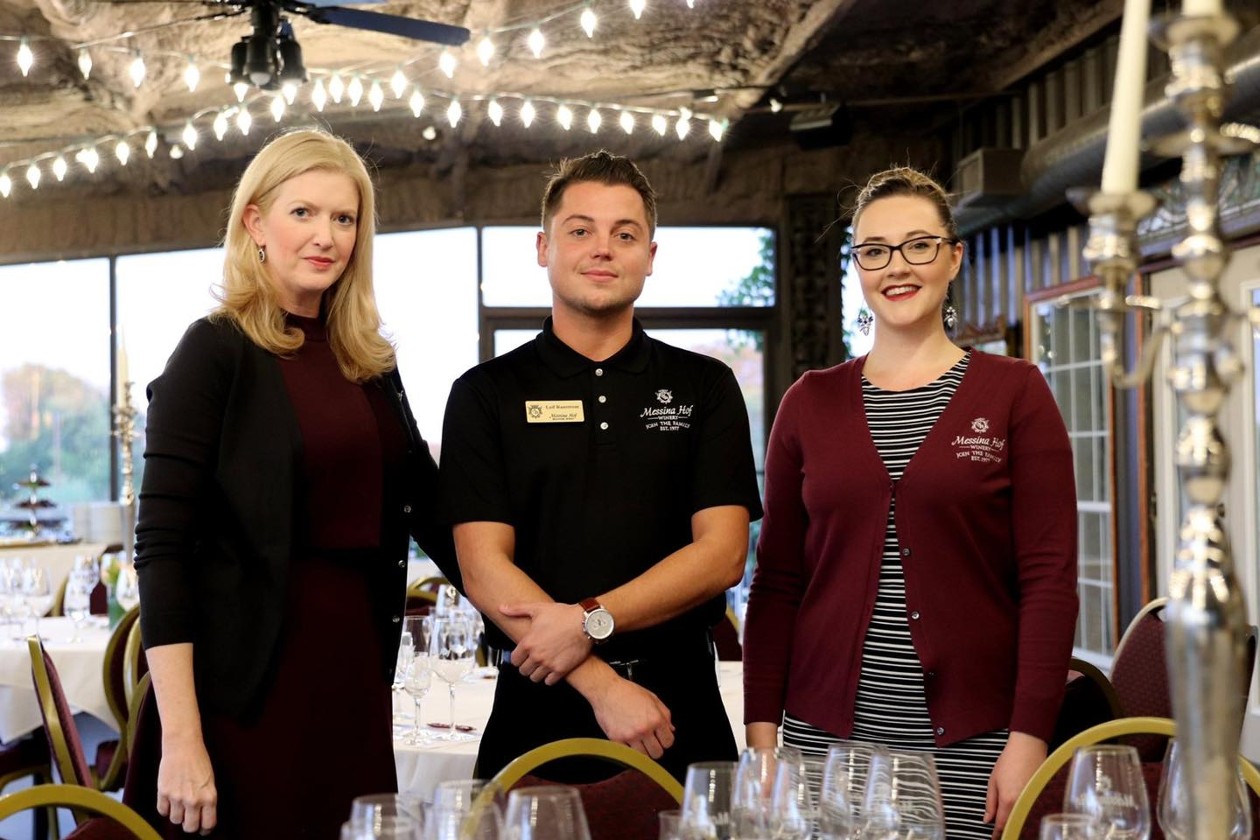
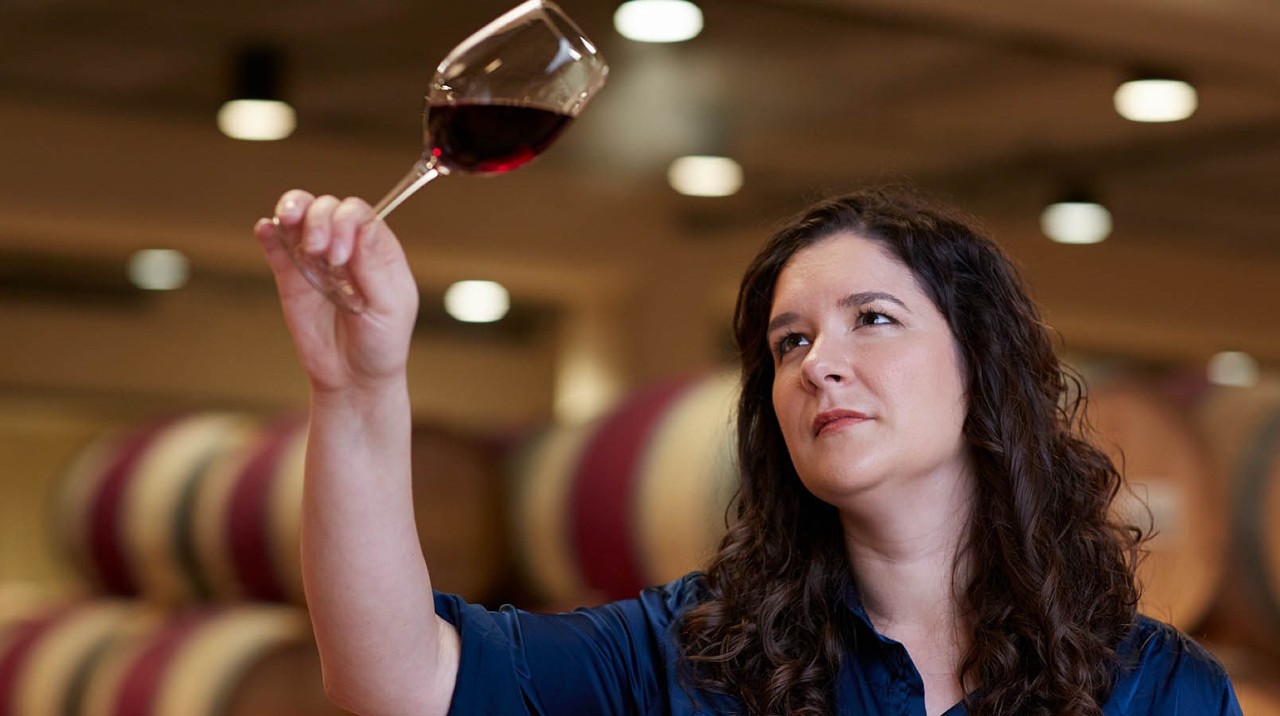

Be the first to comment